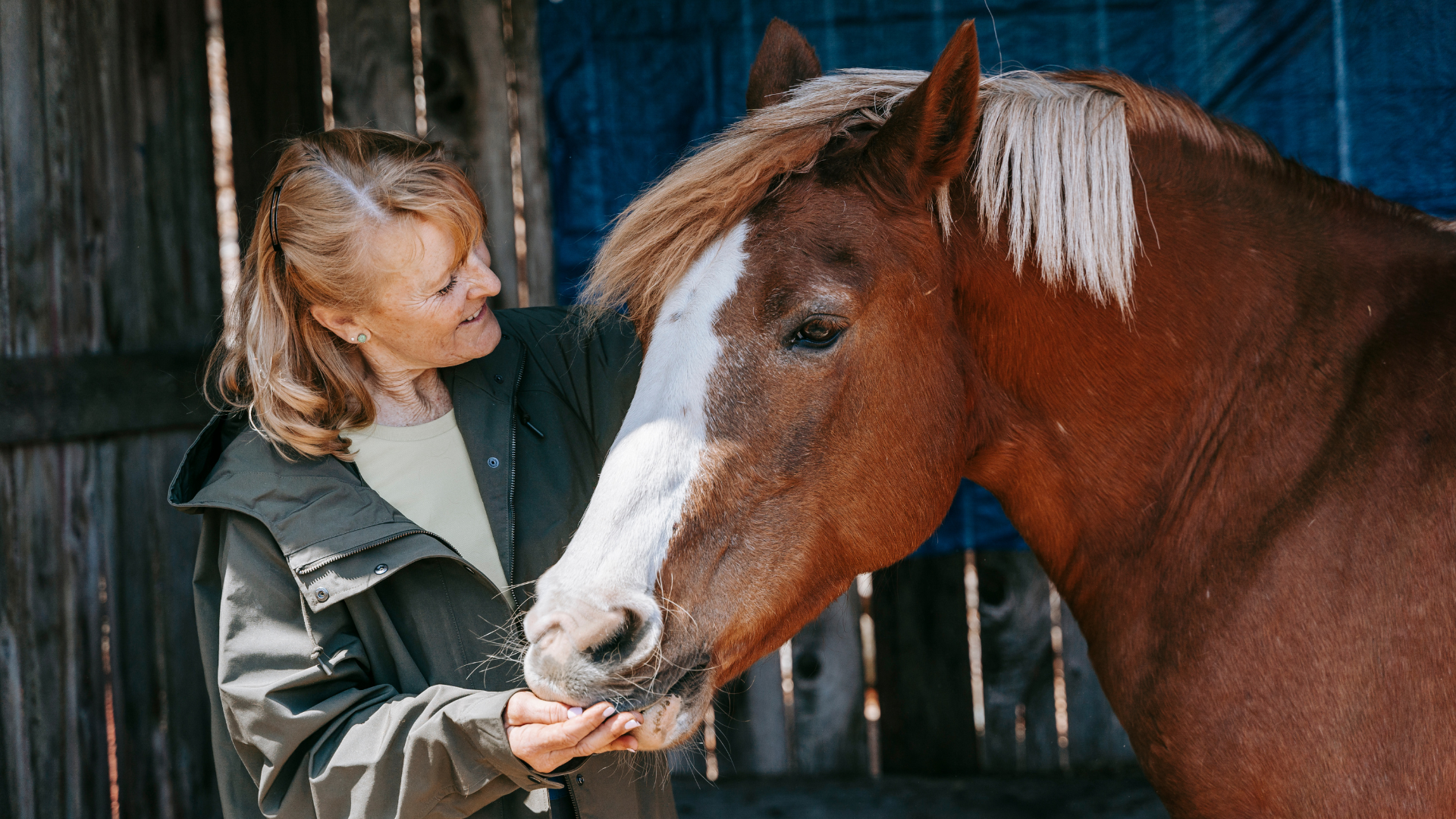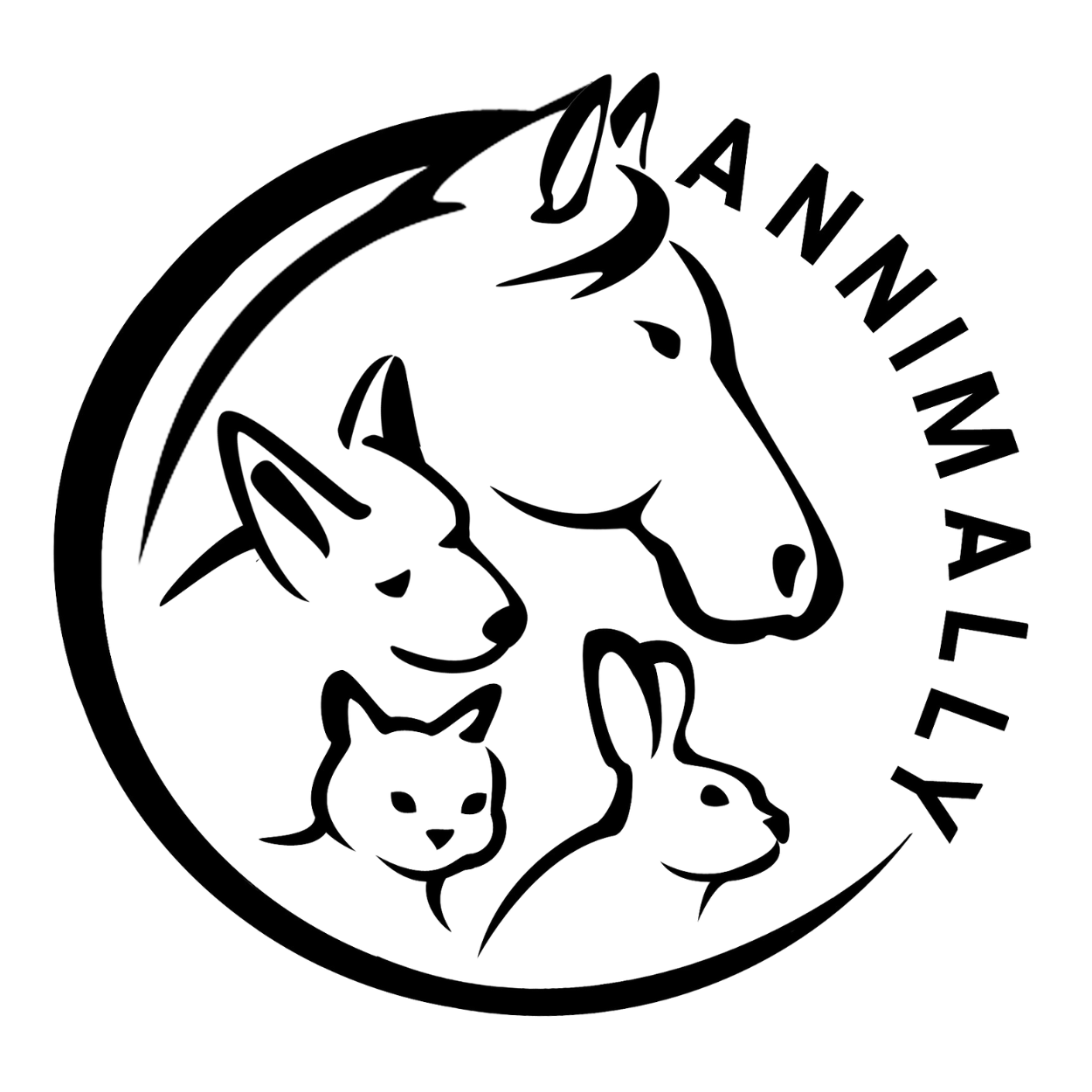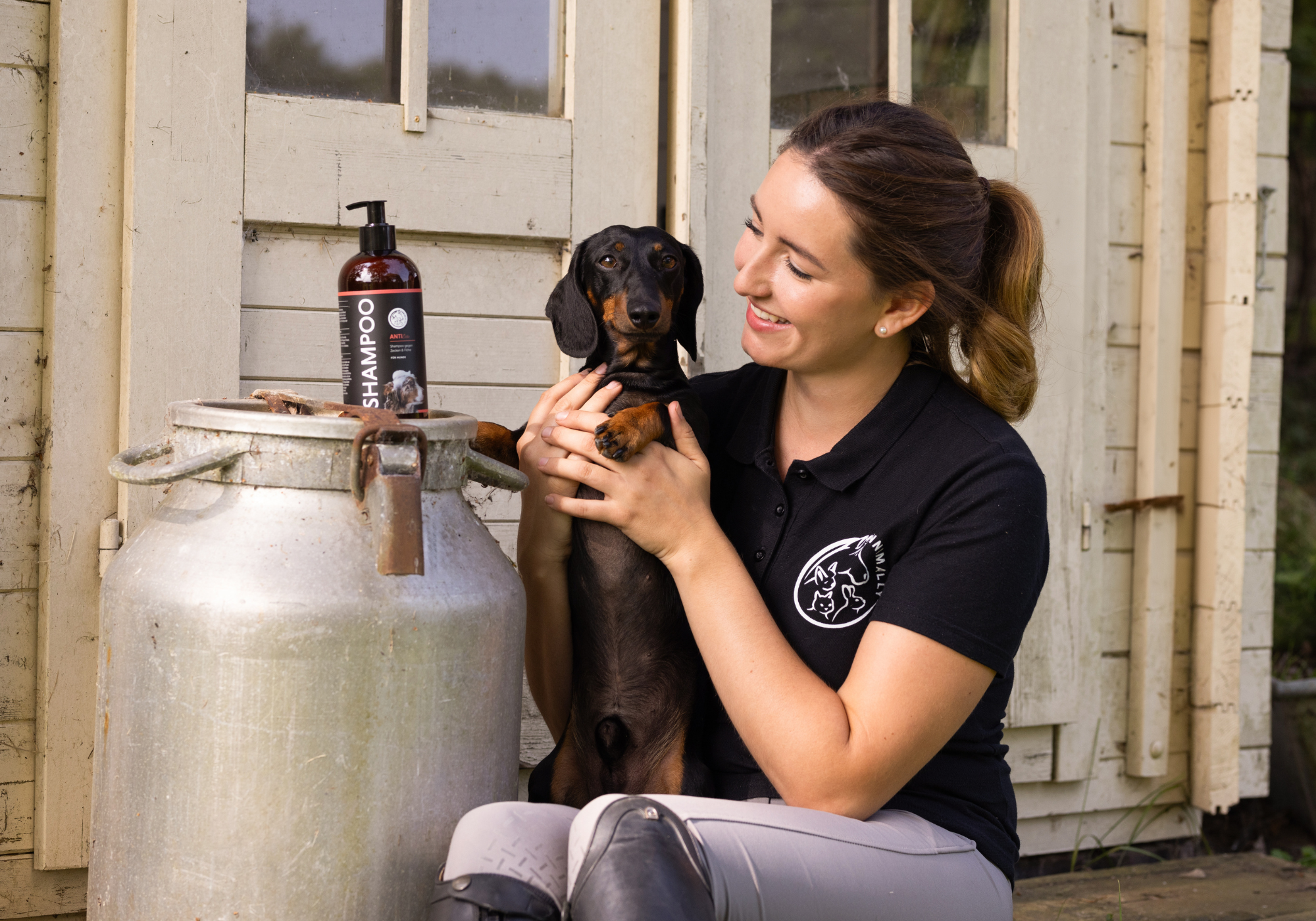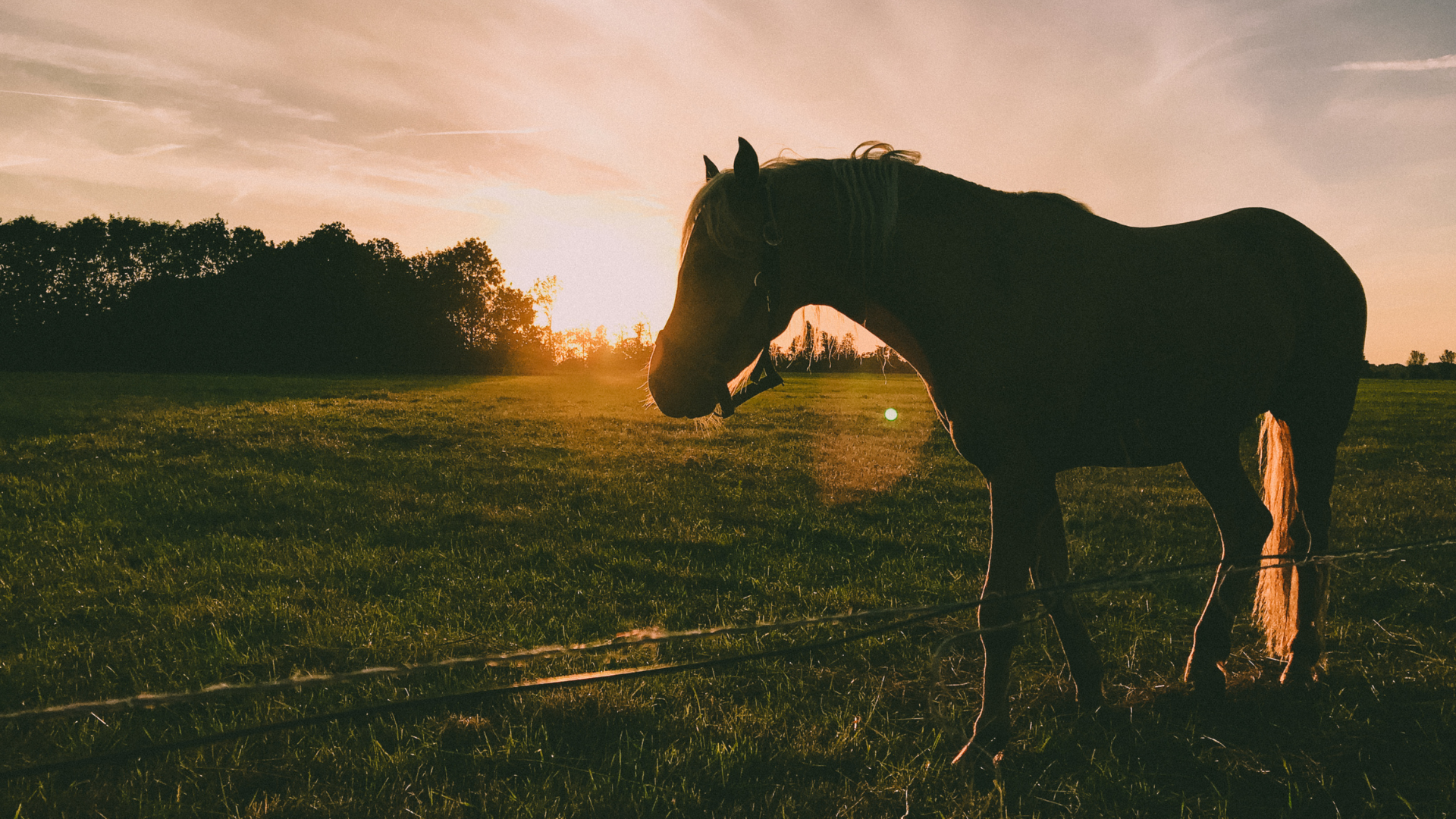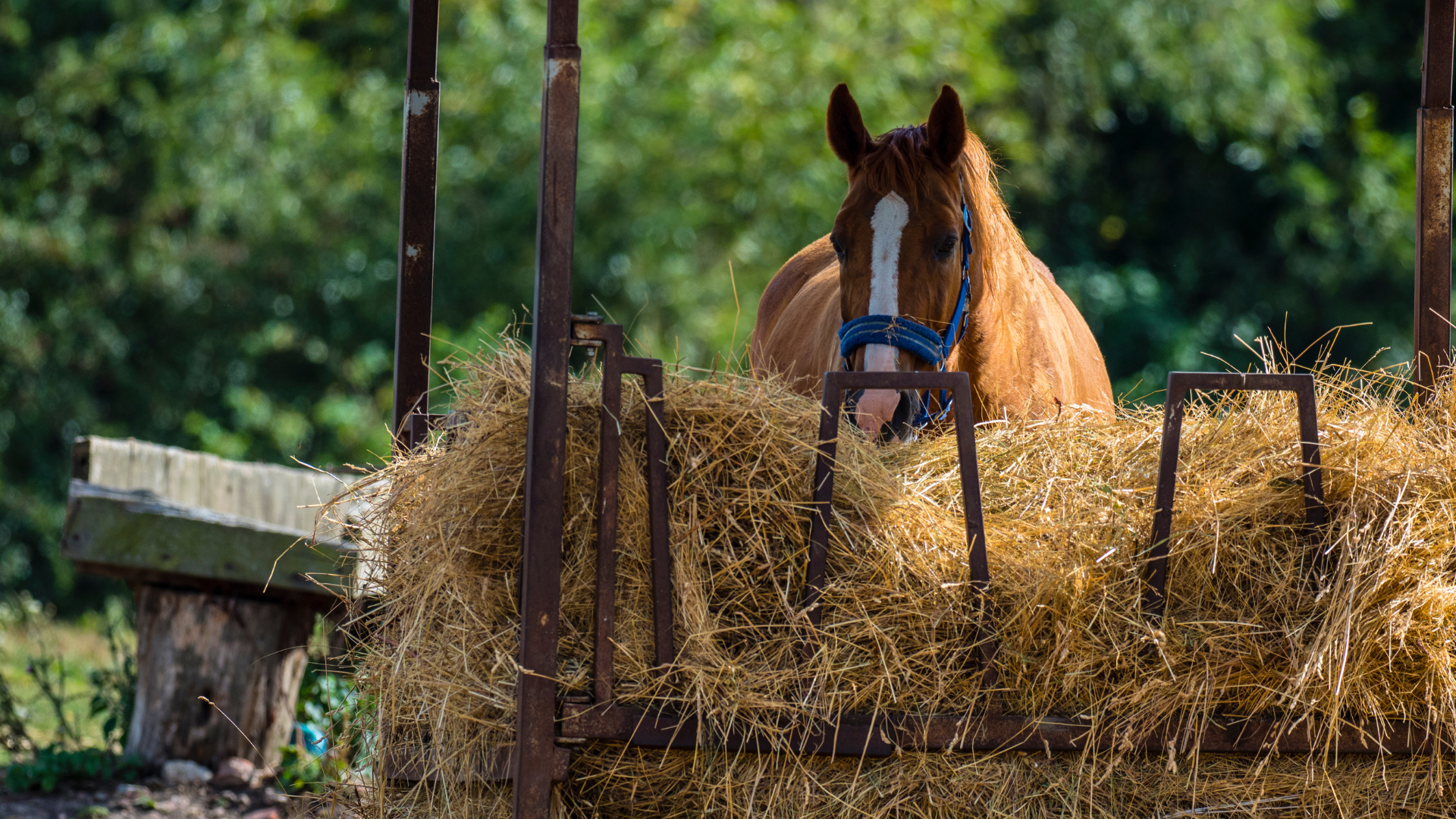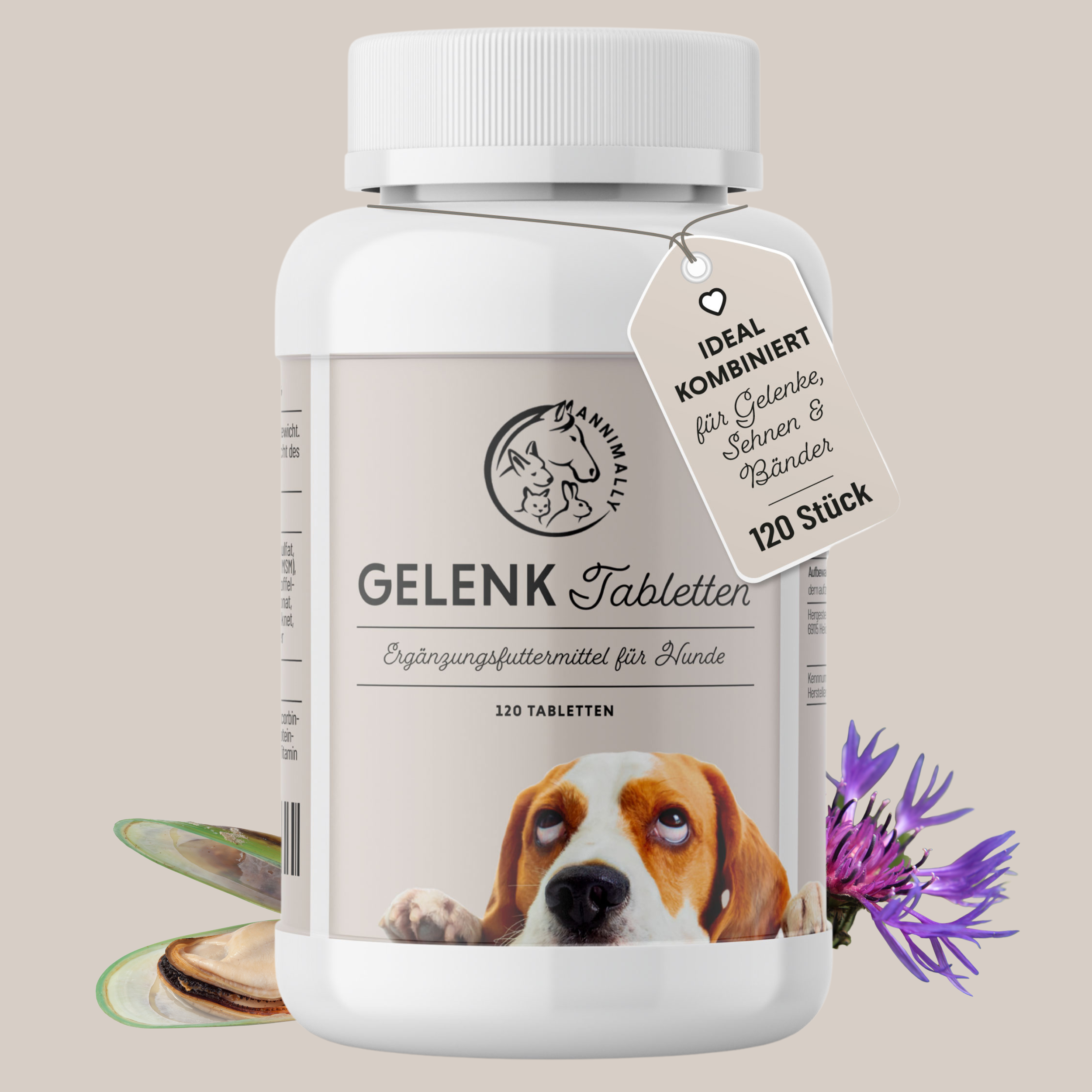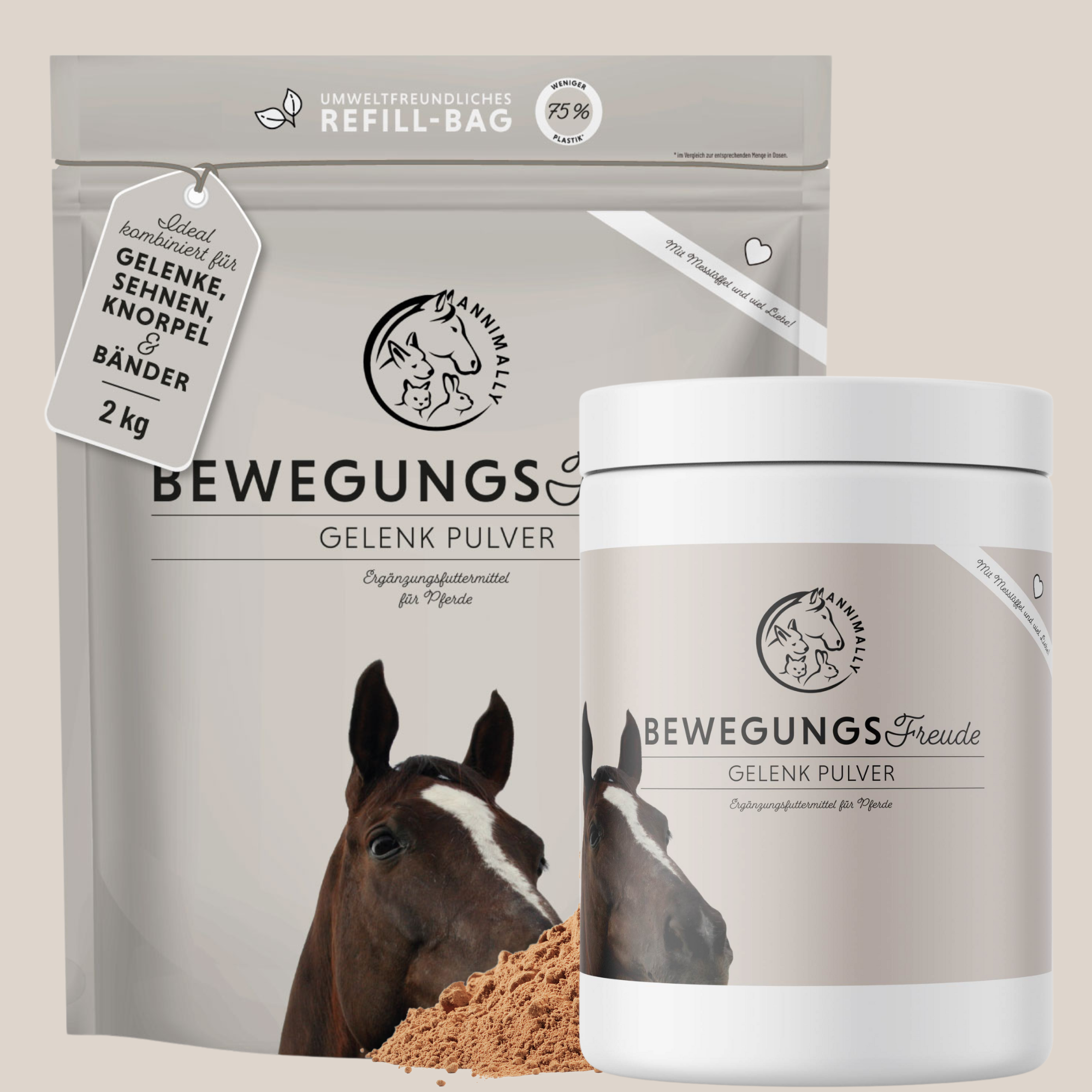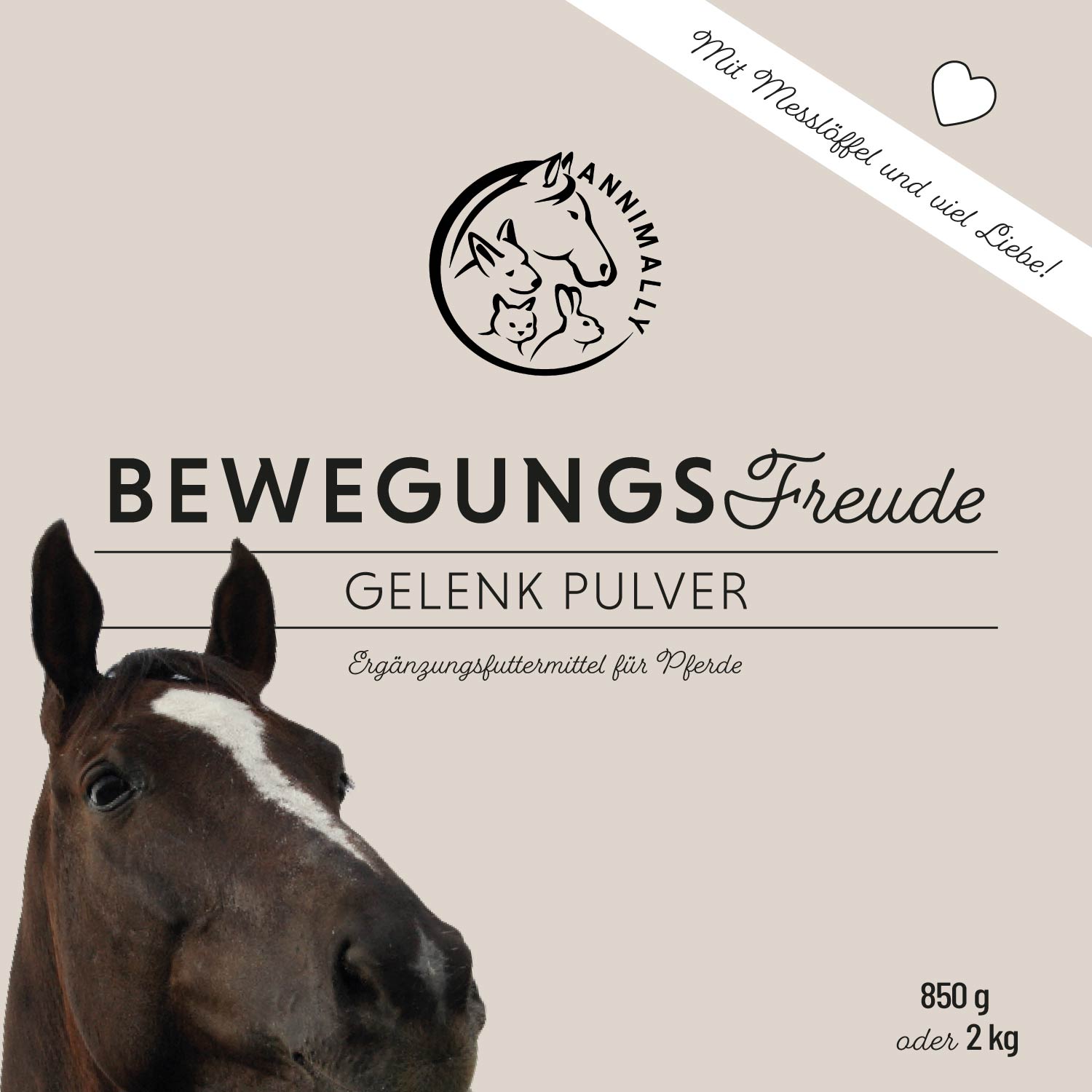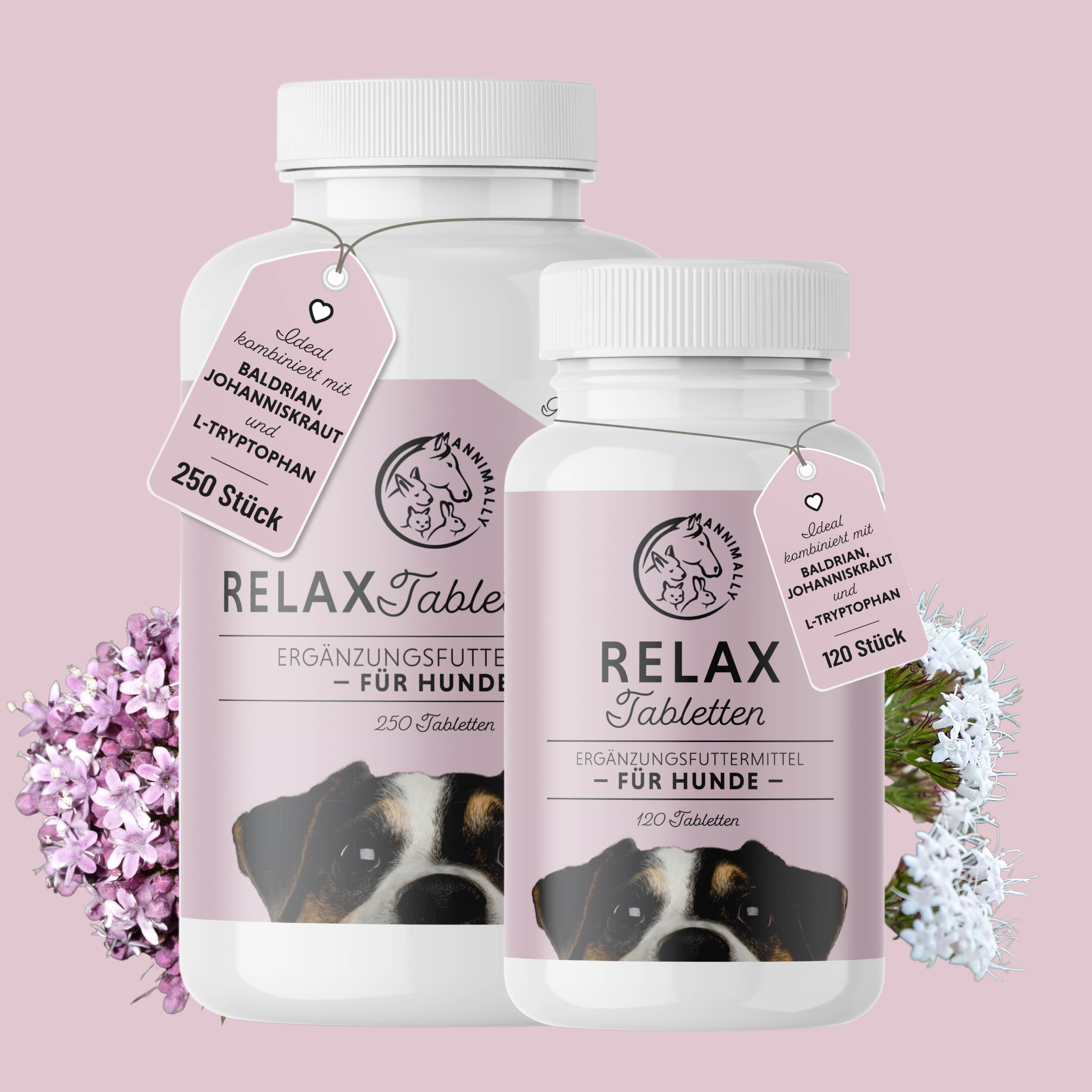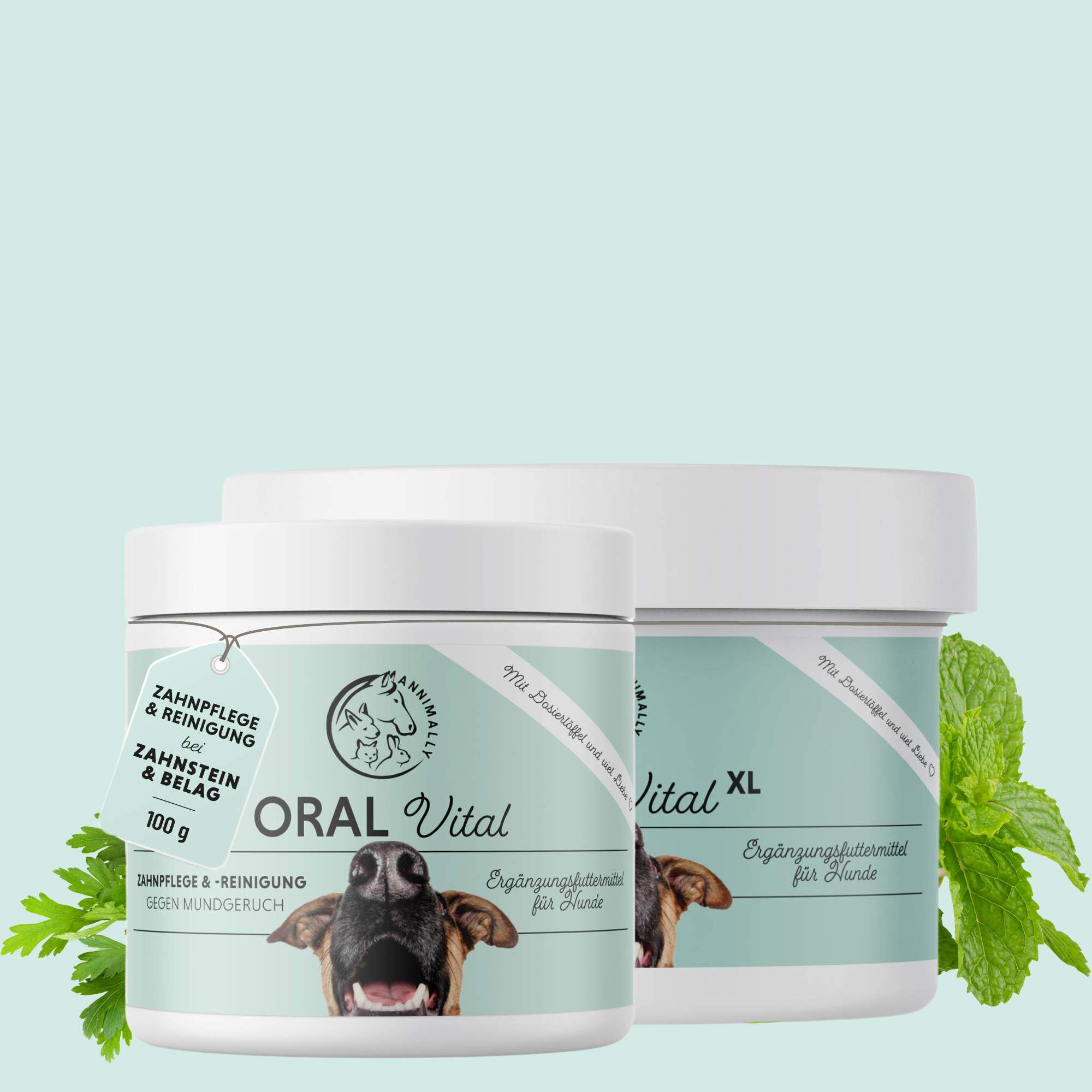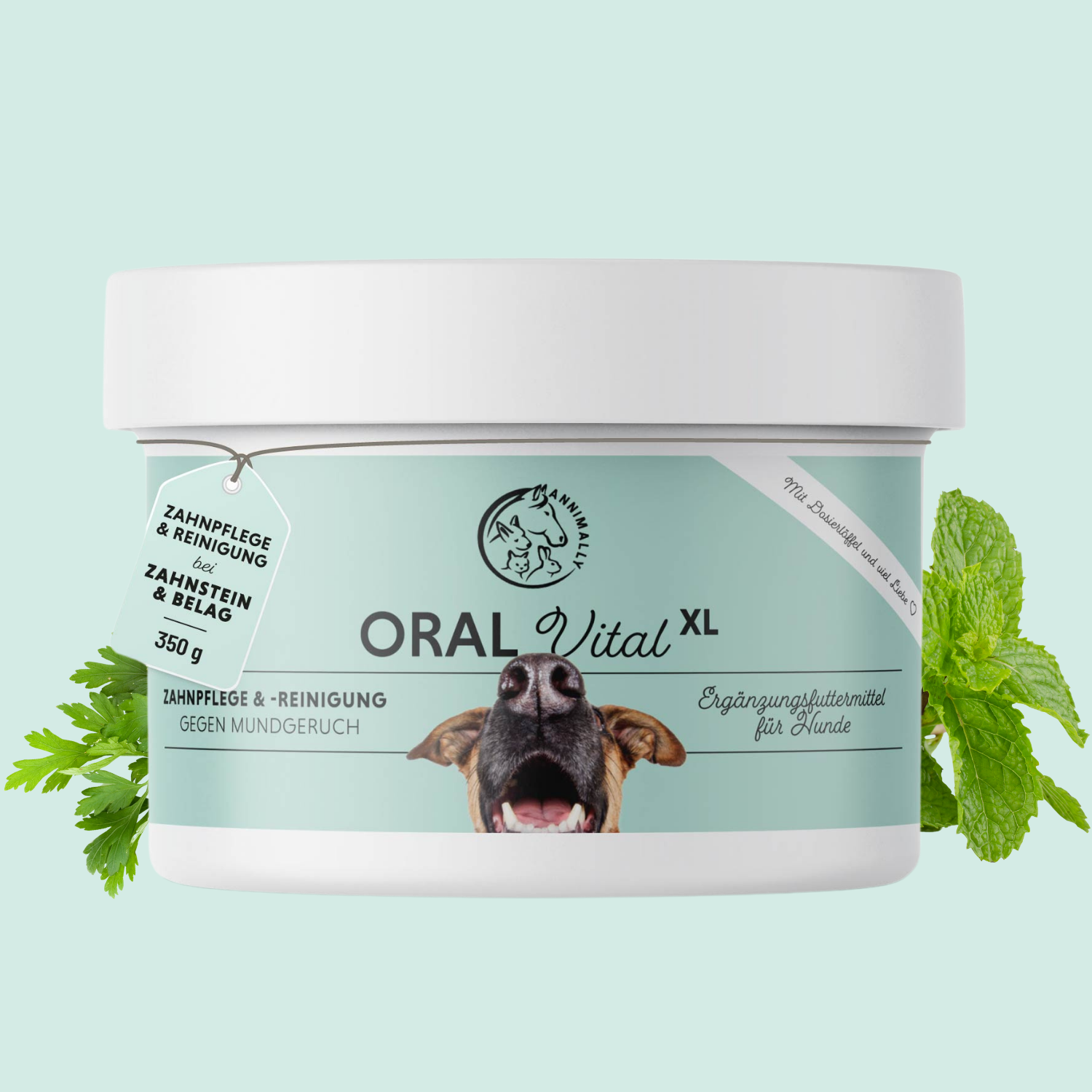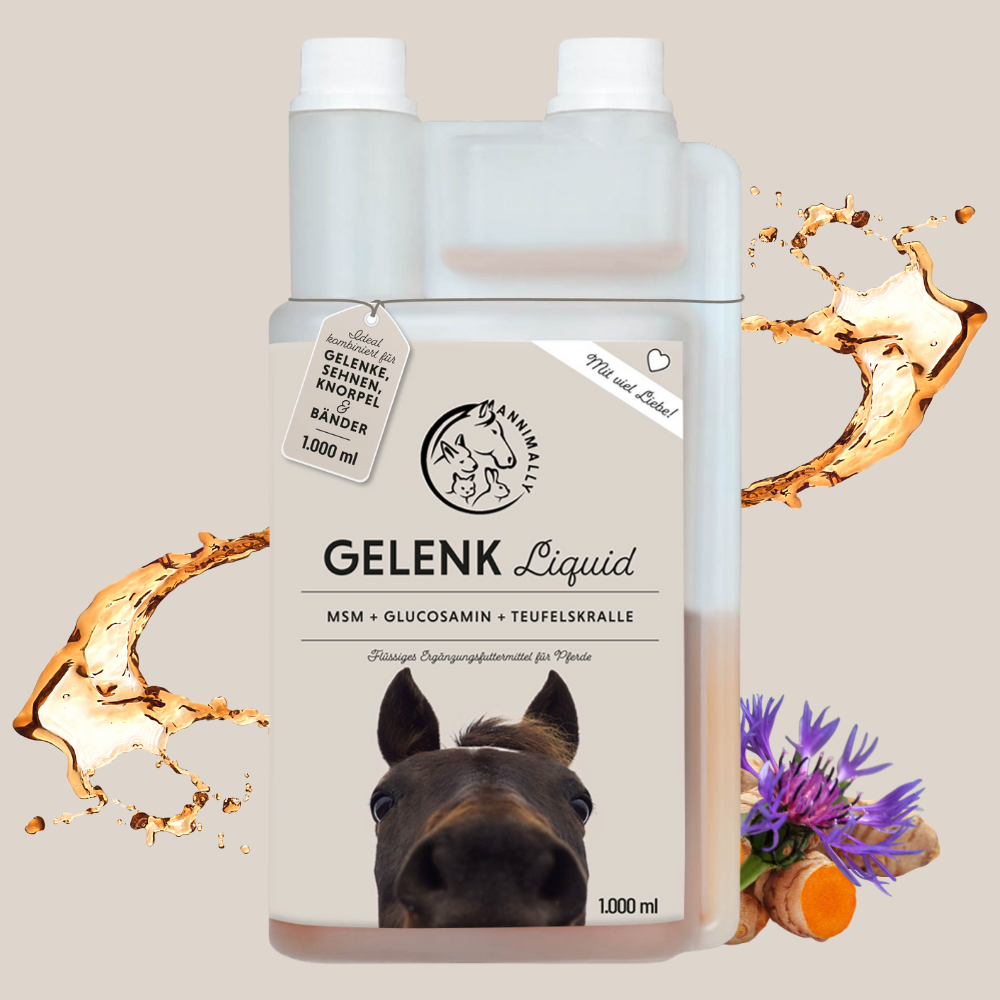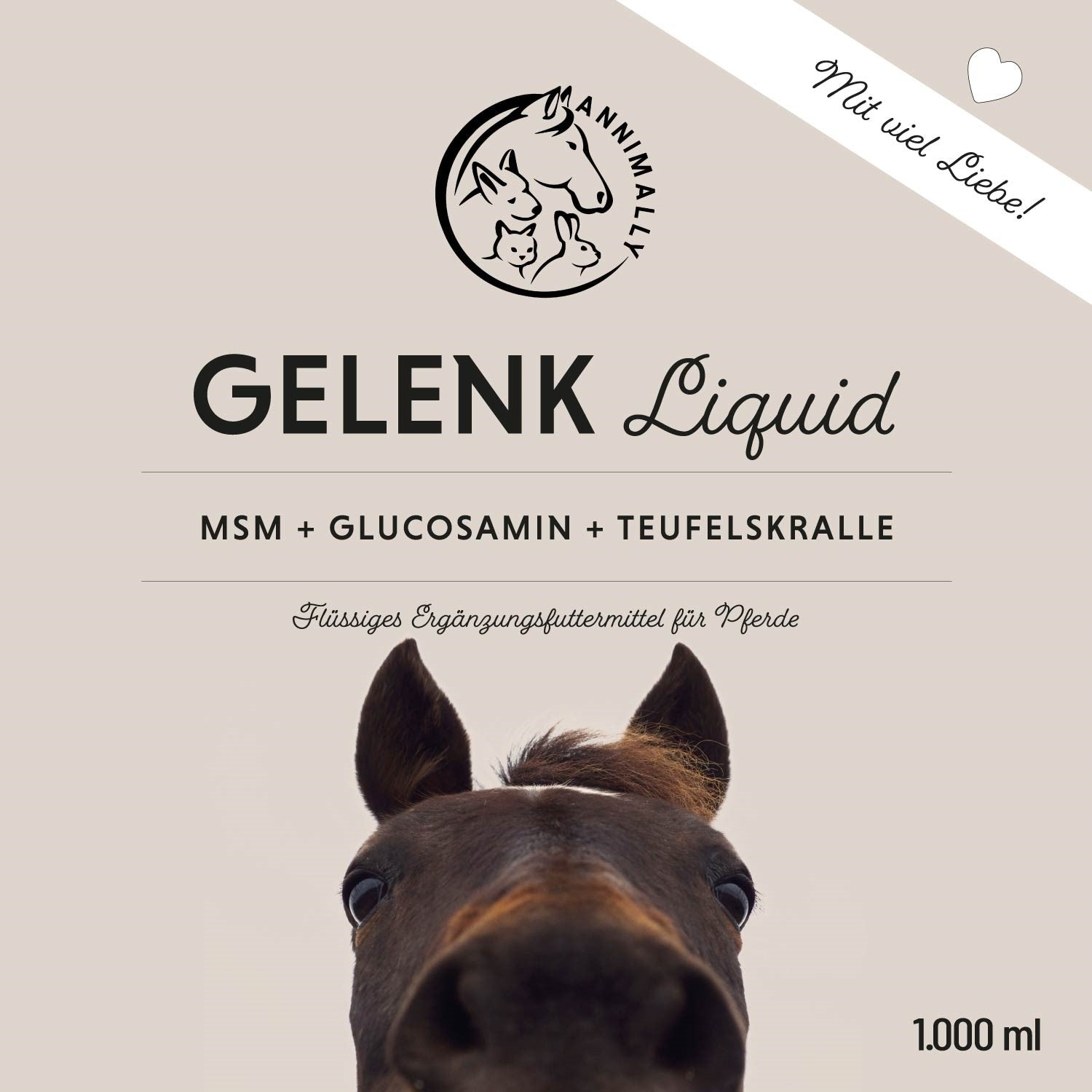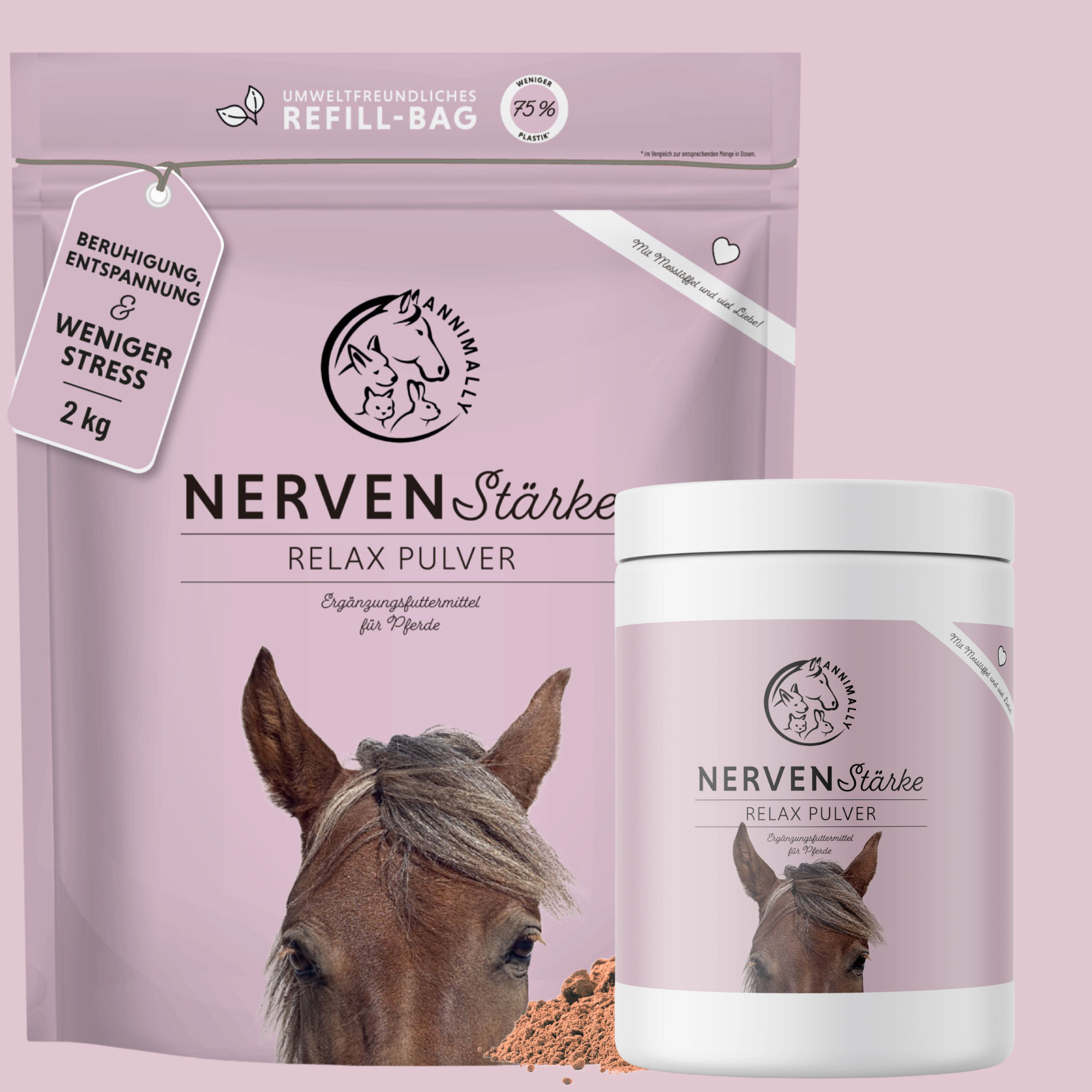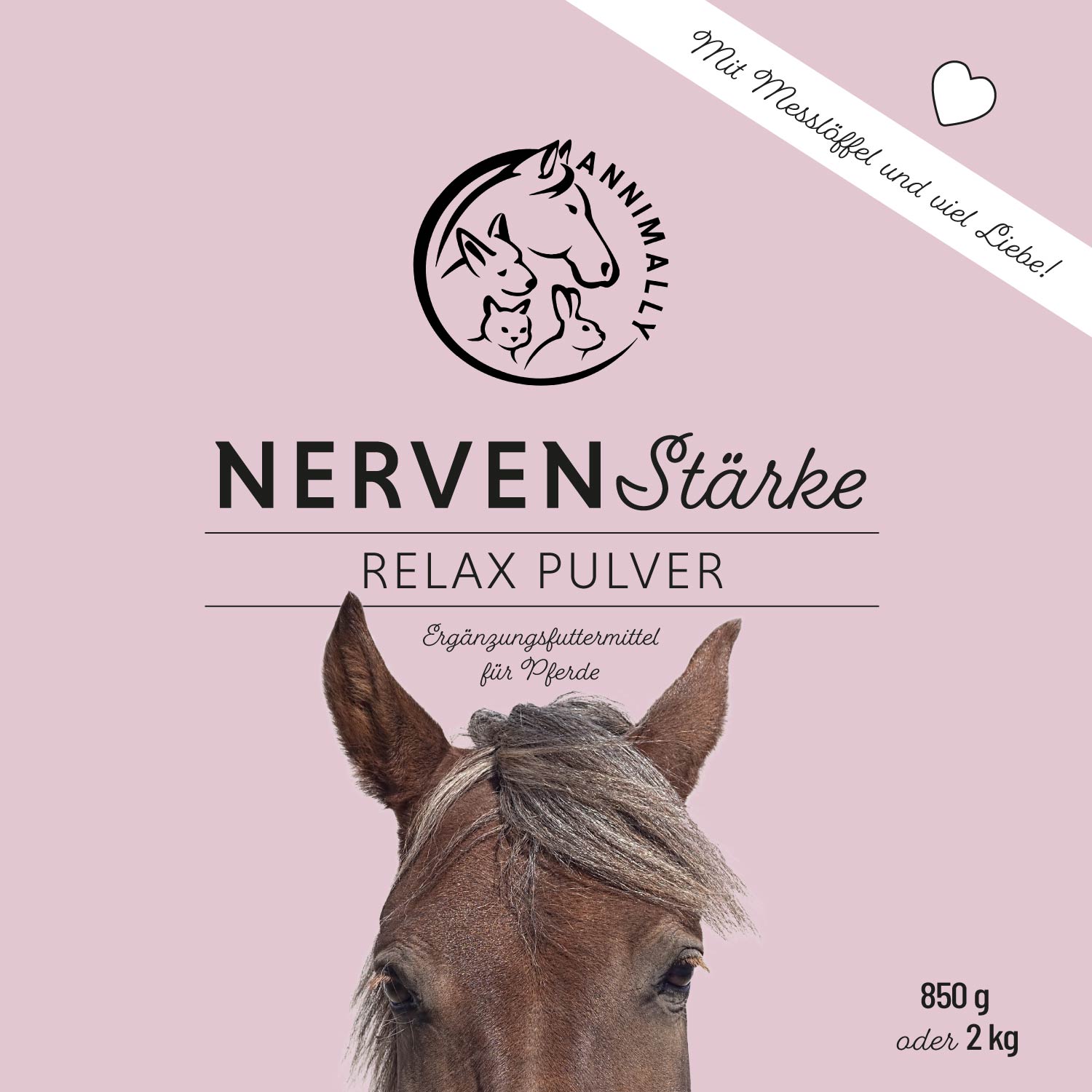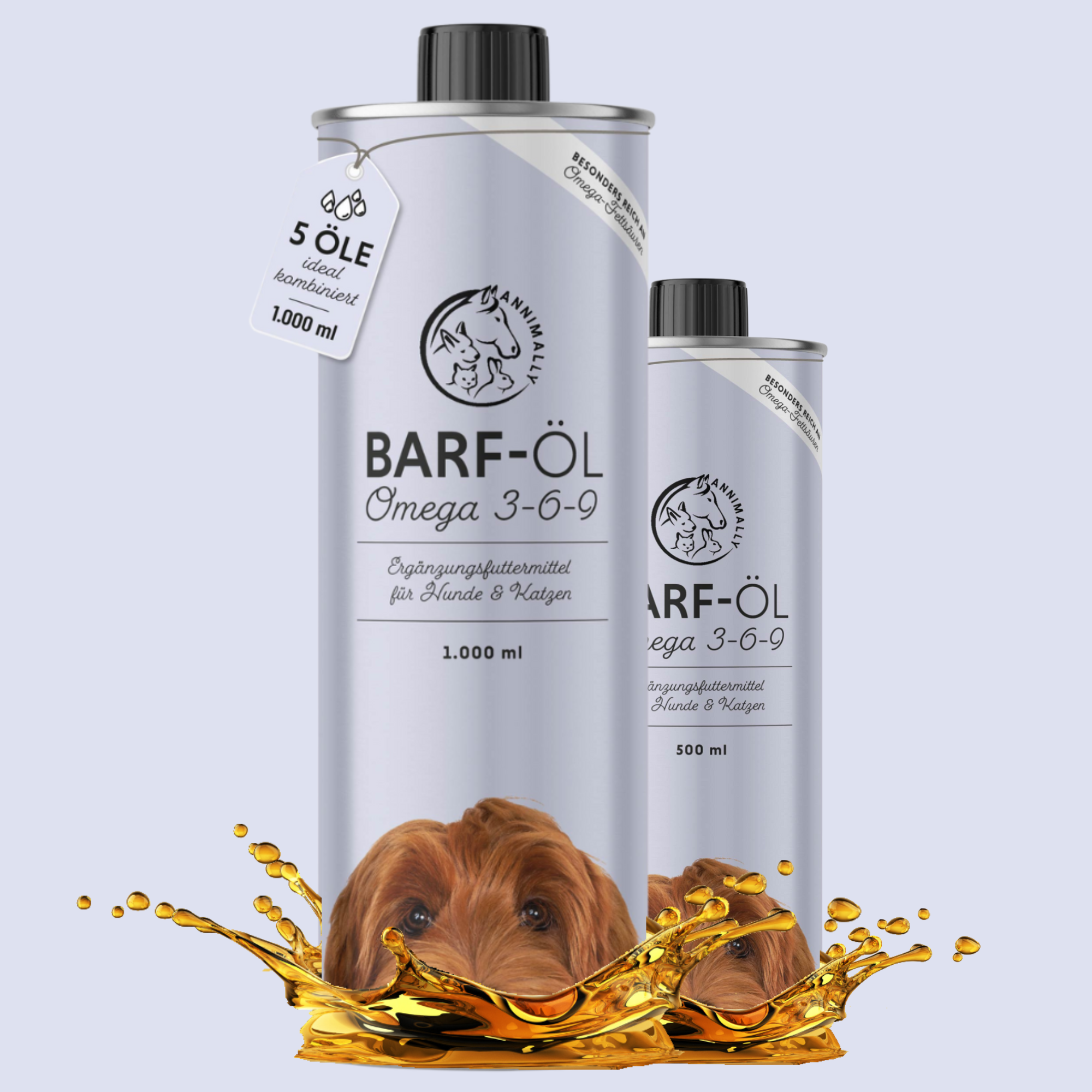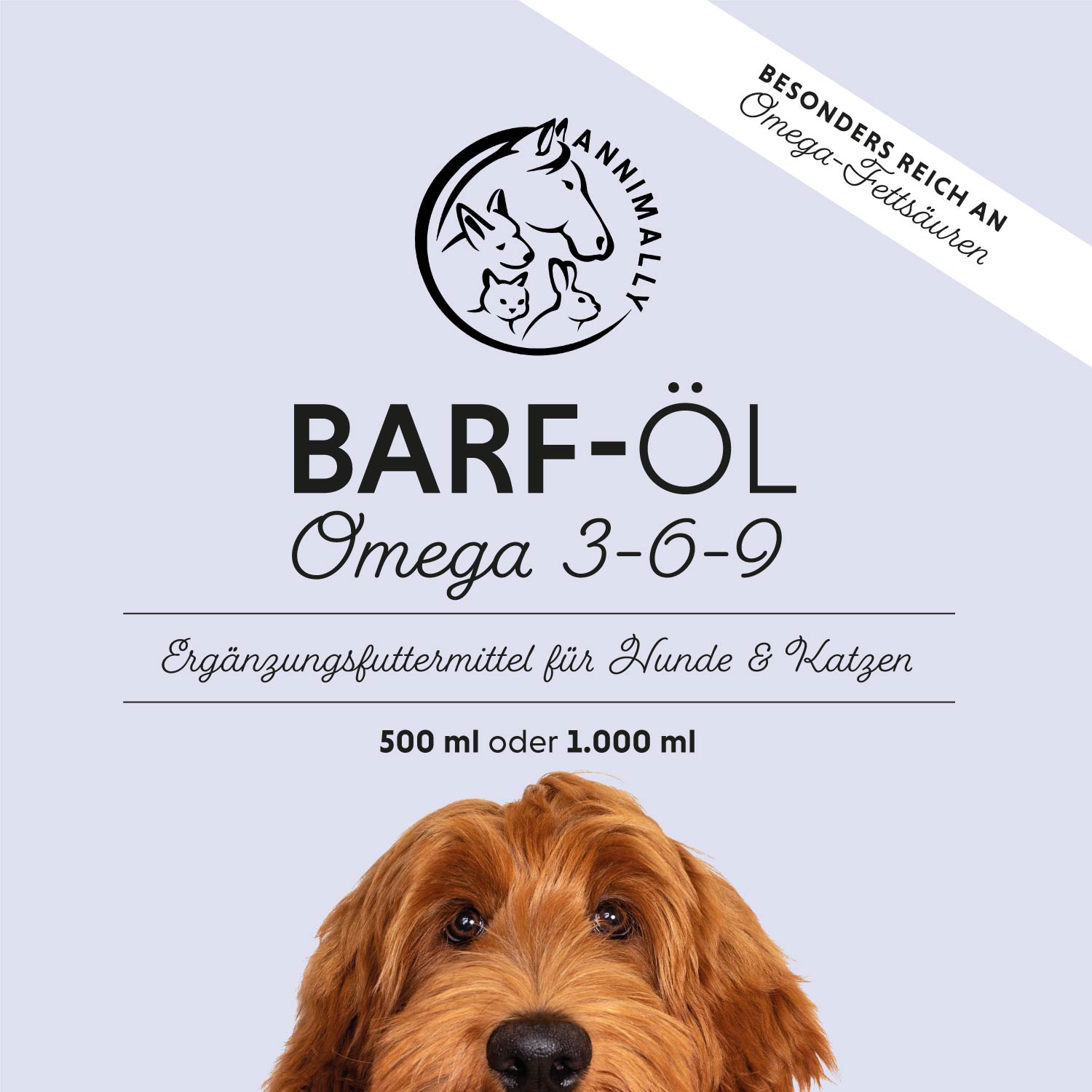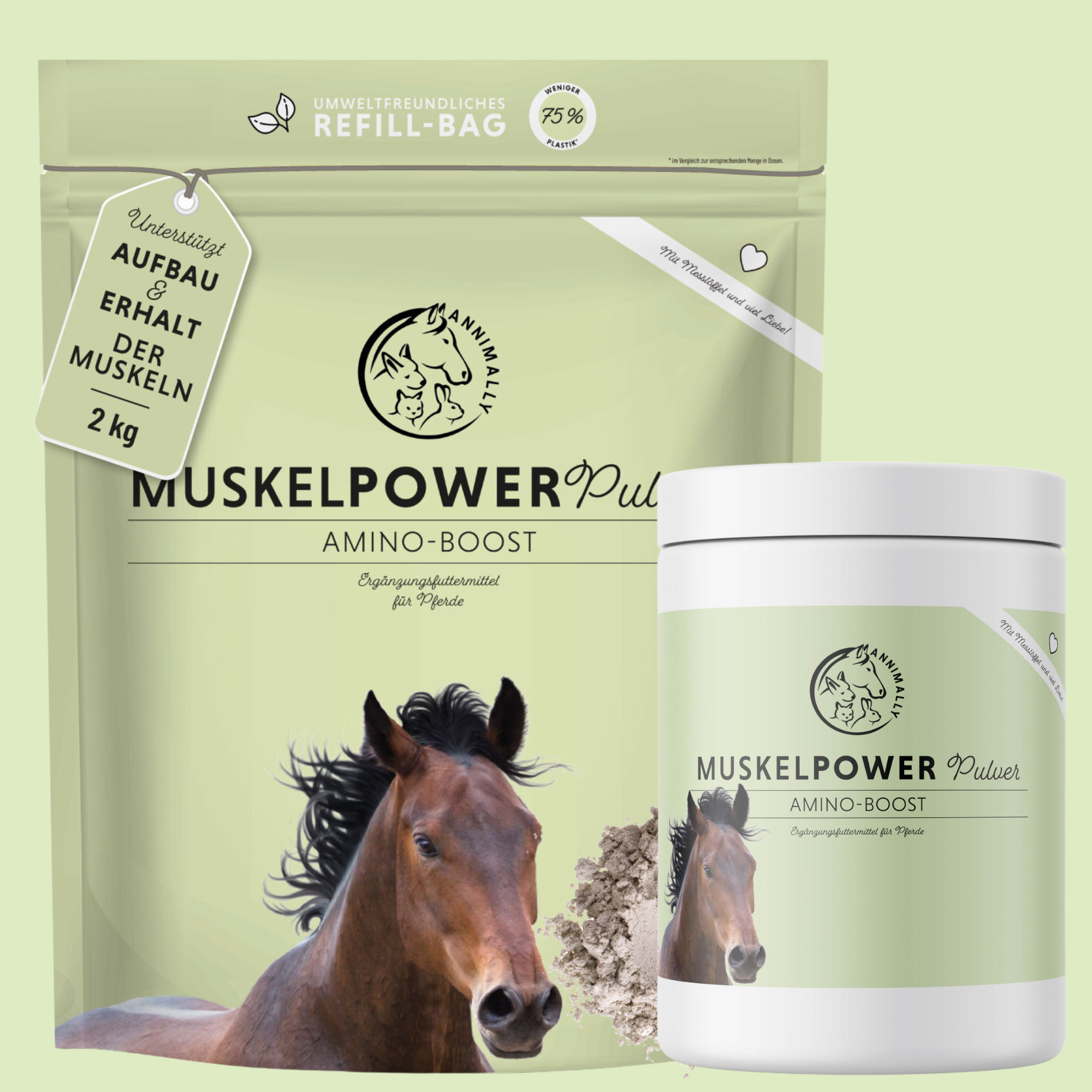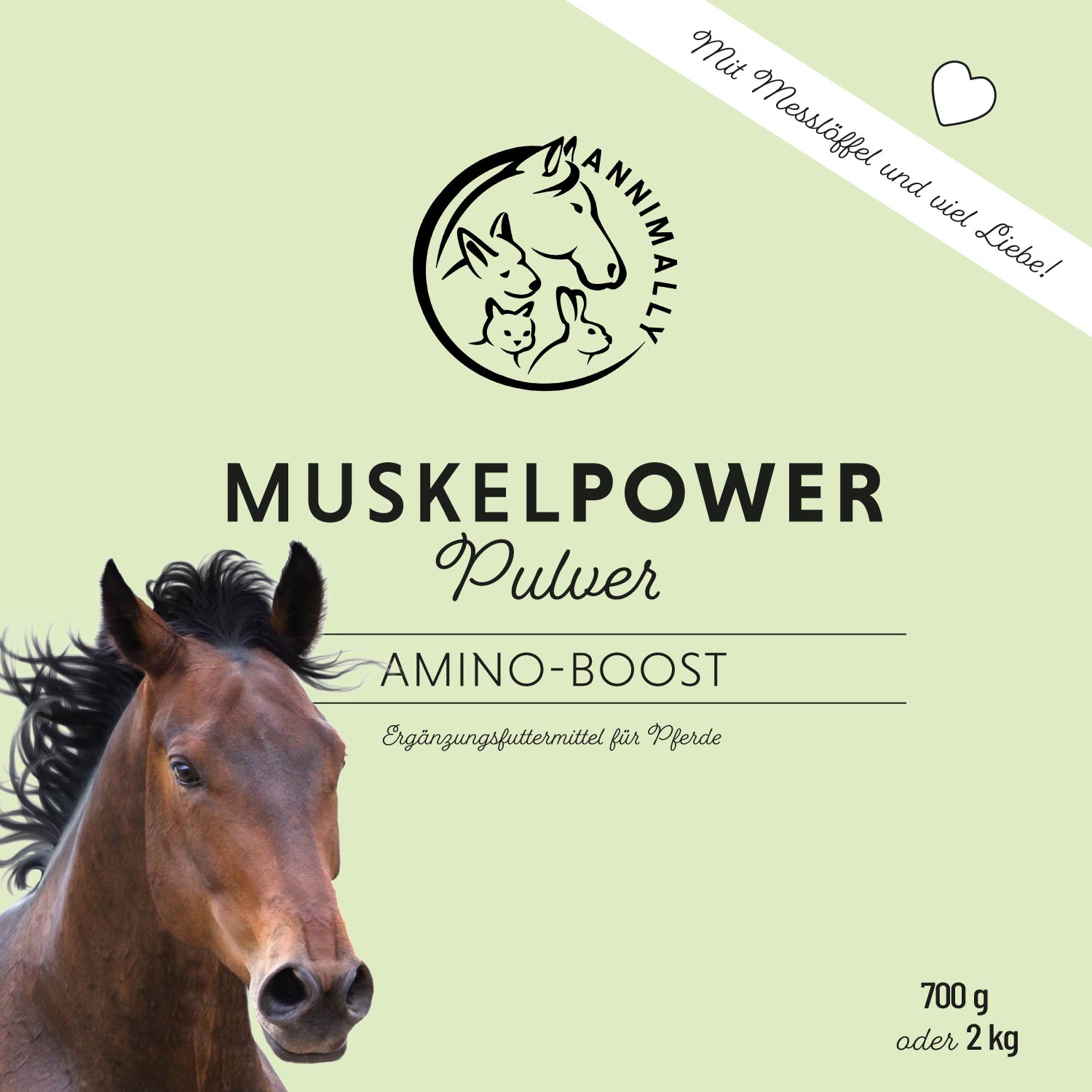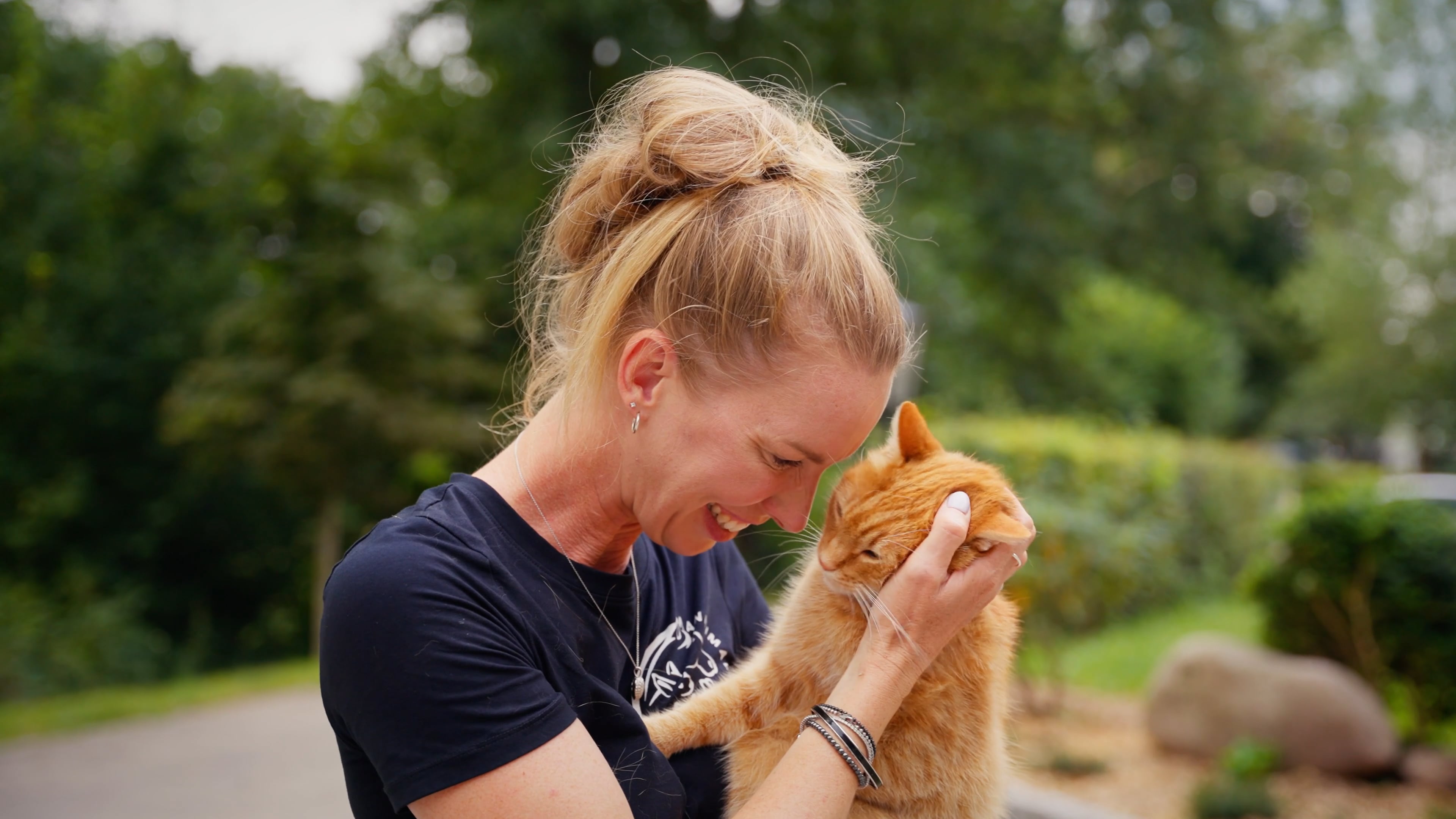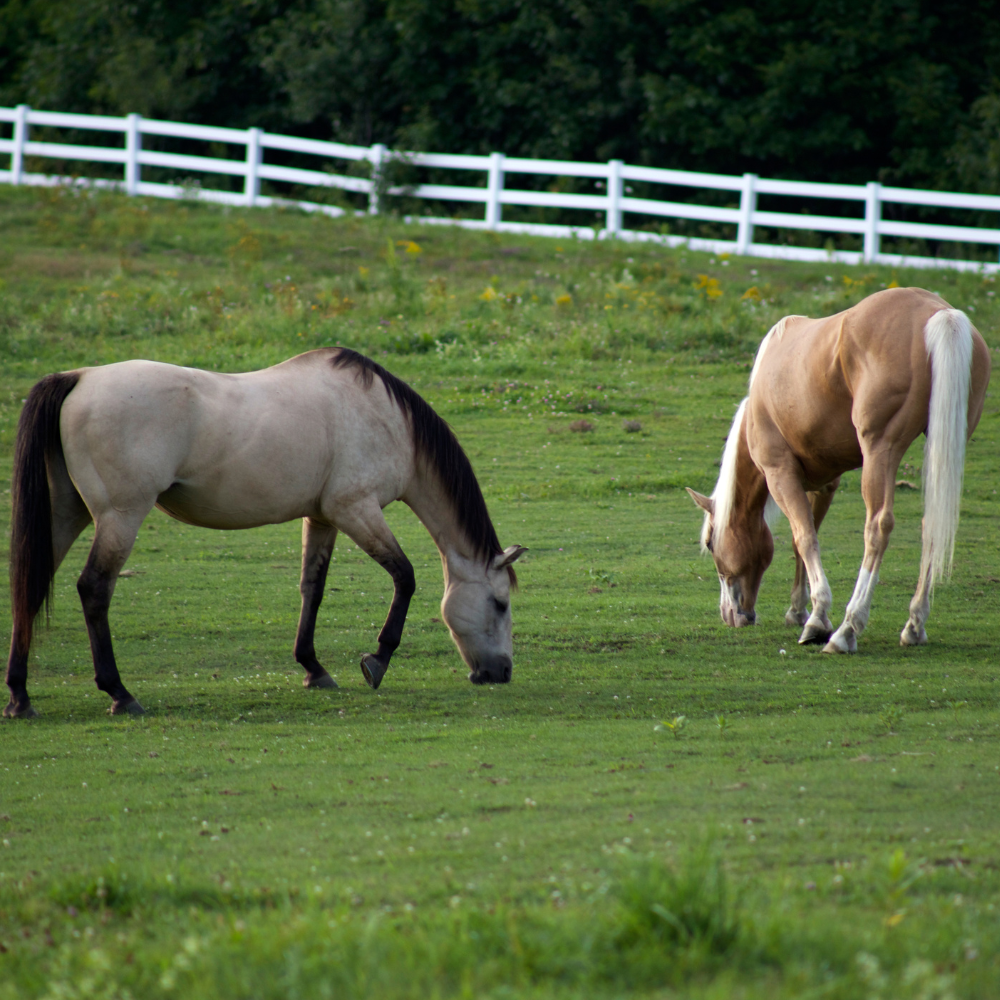
How the intestinal flora influences your horse's behavior and what you can do
Have you ever wondered why your horse suddenly becomes nervous, skittish, or aggressive – even though nothing has changed on the outside? The answer may lie within your horse: more specifically, in its intestinal flora. The horse's intestinal flora plays a crucial role in health, behavior, and performance.
In this article, you will learn how closely the gut and the brain are linked, how impaired intestinal function triggers behavioral problems, and what you can do specifically to promote a balanced intestinal flora in your horse.
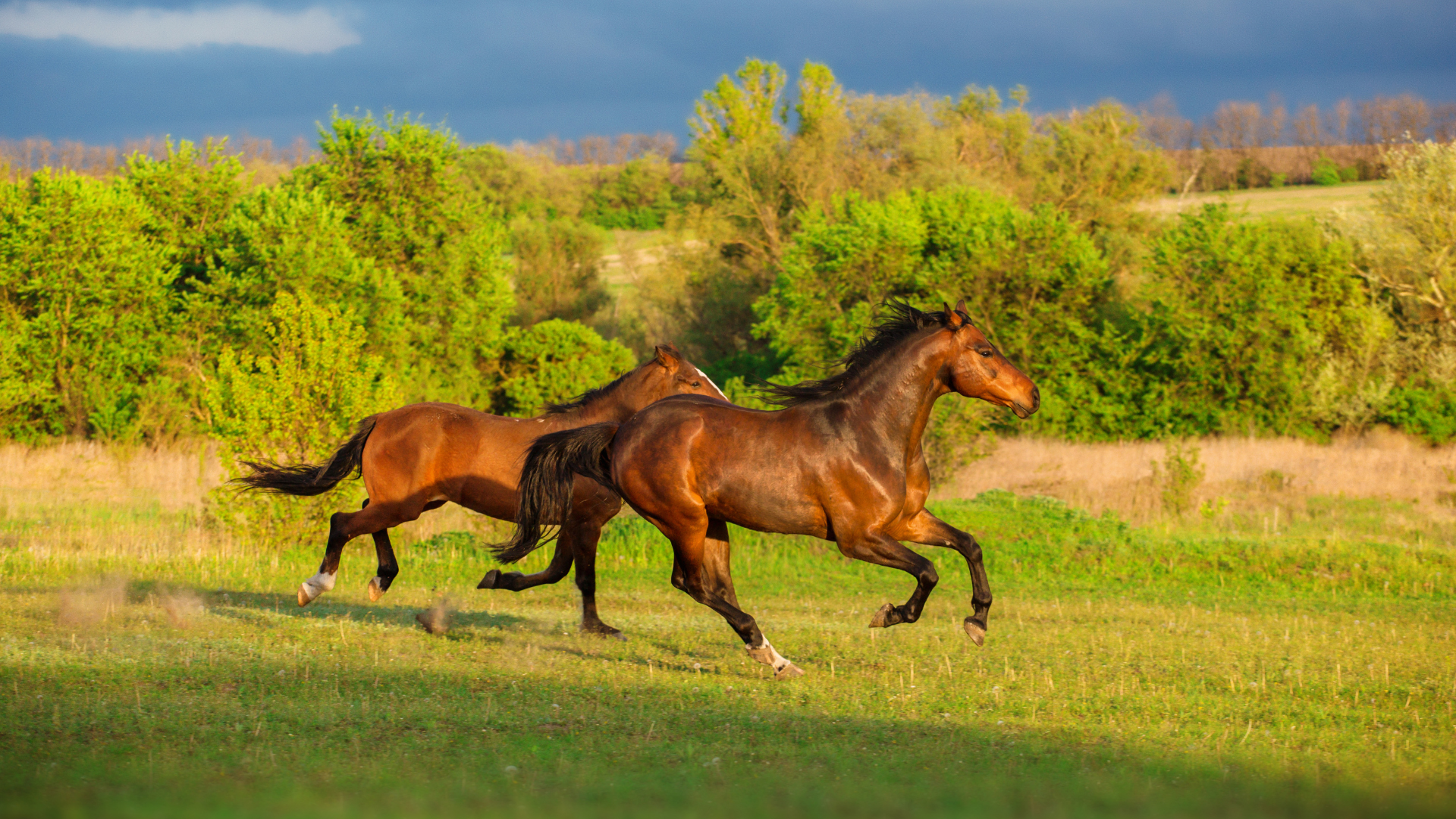
The underestimated role of the intestine in horses
Did you know that about 80% of immune cells are located in the intestines? In horses, the digestive system is also a key organ for strengthening the immune system, metabolism, feed utilization, and even psychological well-being. The intestines influence:
-
Nutrient absorption (e.g. B vitamins, Amino acids , vitamin A, vitamin C, vitamin E and vitamin B12)
-
The production of hormones and neurotransmitters
-
Detoxification of the body
-
The emotional balance
A balanced intestinal flora in horses not only ensures a shiny coat, strong skin and healthy hooves, but also has a direct impact on behavior.
Gut and behavior – the gut-brain axis in horses
The gut is far more than a digestive organ. It houses the so-called "gut brain," a network of millions of nerve cells. This communicates with the brain via the gut-brain axis—a complex signaling system that influences emotions, stress responses, and the ability to concentrate.
If the microbiome, i.e. the totality of microorganisms in the intestine, is disturbed, the following symptoms can occur in the horse:
-
Nervousness or irritability
-
Concentration problems during training
-
Aggressive behavior
-
Sudden jumpiness
-
Apathy or lack of motivation
Causes of disturbed intestinal flora in horses
There are many factors that can disrupt the balance of healthy intestinal flora. These include:
-
Antibiotics that destroy not only “bad” but also “good” bacteria
-
Incorrect or one-sided feeding (e.g. too much grain, molasses or artificial additives)
-
Stress due to transport, changing stables or tournaments
-
Lack of crude fiber, such as that found in hay or structural muesli
-
Too little exercise
-
Parasite infestation
-
Poor quality of food or water
The consequences are not only digestive problems such as loose stools, diarrhea or flatulence, but also psychological abnormalities.
This is how you can specifically support your horse’s intestinal flora
1. Proper feeding is key
Gut-friendly horse feeding starts with the basics: plenty of high-quality roughage, such as hay or haylage, forms the foundation. Supplement the ration with structurally rich muesli that is rich in crude fiber. When choosing, make sure it's natural and free from unnecessary additives, artificial flavors, or sugar.
2. Supplementary feed with effect
Special supplements can help restore the balance of a horse's intestinal flora. Proven ingredients include:
-
Brewer's yeast : Rich in B vitamins, promotes digestion and supports the nervous system
-
Flaxseeds : Protect the intestinal wall and provide valuable Omega 3 fatty acids
-
Jerusalem artichoke : Contains inulin, a prebiotic that feeds healthy bacteria in the gut
-
Carob : Stabilizes the pH in the small intestine and binds excess acid in the stomach
-
Peppermint : Has a calming and antispasmodic effect
-
Bentonite : Binds harmful germs and toxins
Many products are available as powder, pellets or liquid applications – depending on your horse’s preference.
Intestinal cleansing – how to bring the intestinal flora back into balance
If intestinal function is impaired, targeted intestinal cleansing may be necessary. This treatment usually lasts 4–8 weeks and should consist of the following steps:
-
Detoxification and cleansing
Herbs or natural substances such as bentonite or psyllium husks bind and eliminate harmful substances. -
Development of the intestinal flora
Now, the use of probiotics and prebiotics is important. Brewer's yeast, Jerusalem artichoke, flaxseed, or mash with intestinal herbs promote the growth of beneficial bacteria. -
Stabilization of the microbiome
Omega 3 fatty acids, amino acids and B vitamins help to permanently regenerate the intestines.
Intestinal cleansing is particularly useful after antibiotic treatment, in cases of chronic watery stools or diarrhea, or during periods of stress.
Natural herbs to support intestinal health
Certain herbs are excellent for strengthening the intestinal flora in horses:
-
peppermint – soothes the intestines
-
Nettle – stimulates the metabolism
-
dandelion – promotes liver and intestinal function
You can give it as a course of treatment or mix it into the mash. Make sure you use the correct amount and discuss any major changes in feeding with your veterinarian or nutritionist.
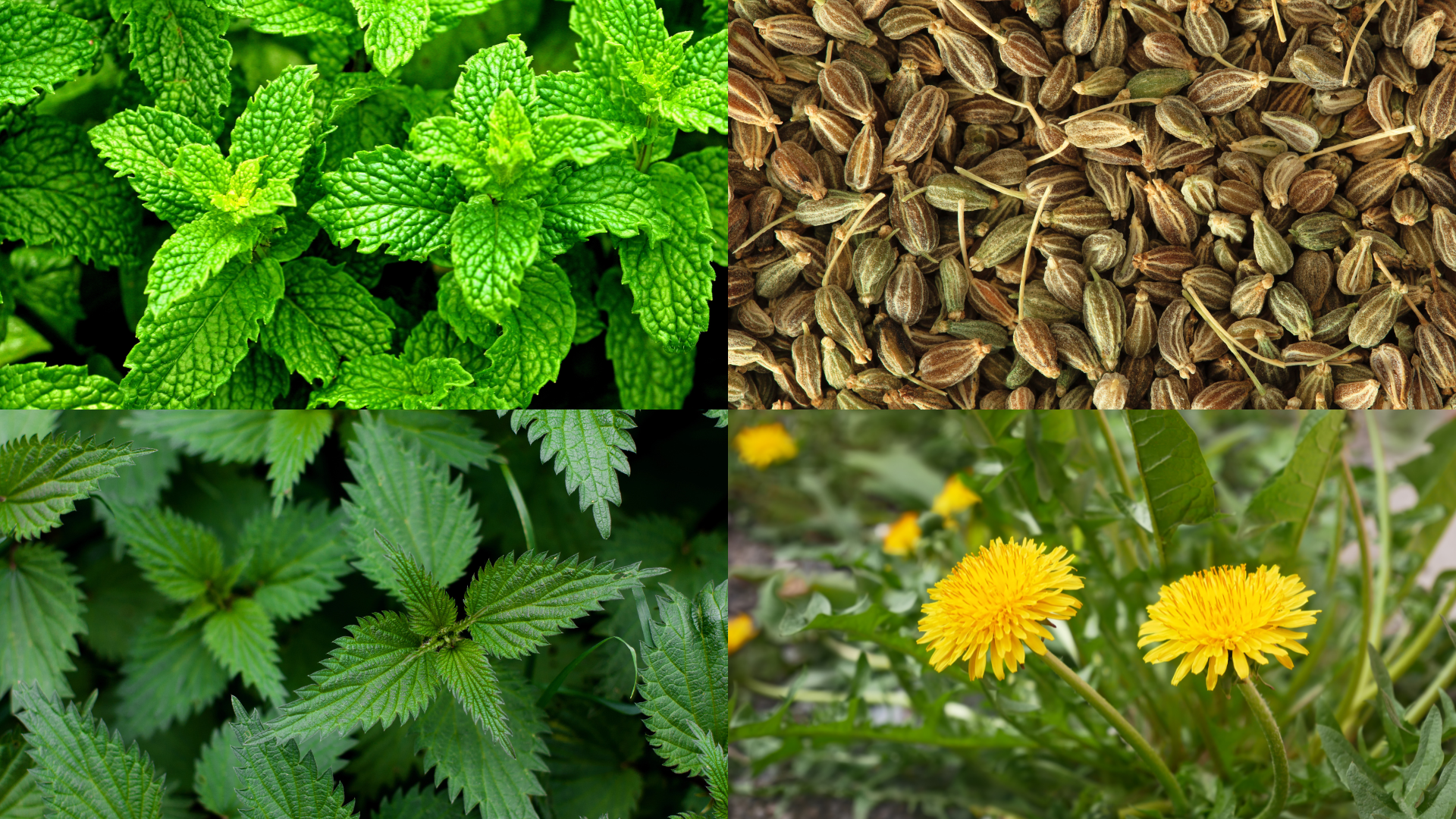
Mash – proven effective for digestive problems
A warm mash prepared with linseed, carob, a little molasses, and herbs works wonders for sensitive horses. It relieves the stomach, soothes the intestines, and provides energy and important nutrients.
Tip: Avoid products with high sugar content or artificial flavorings – natural versions are usually better tolerated.
How to recognize that your horse needs intestinal support
Look out for these signs:
Dull or shaggy coat
A healthy gut ensures optimal nutrient absorption—including B vitamins and omega-3 fatty acids, which are important for a shiny, thick coat. A dull appearance can therefore be an indication of an imbalance in the gut.
Unusual smell of feces
If the horse manure smells significantly stronger than usual or its consistency changes noticeably, this could be a sign of digestive problems and an imbalance of bacteria in the large intestine.
Loss of appetite
If your horse suddenly refuses to eat its usual food or eats it hesitantly, this could be due to problems in the gastrointestinal tract - for example, a disturbed microbiome or an unbalanced diet with too much grain or additives.
Unrest in the stable
Horses with intestinal problems often display nervousness, restlessness, or even aggression. This behavior can arise from the gut-brain connection when the internal balance is disturbed.
Frequent yawning, teeth grinding or scratching
Such behaviors can indicate discomfort or cramps in the intestines or stomach. These often involve digestive problems, bloating, or an improper pH level in the small intestine.
Performance drops
A disturbed metabolism or limited feed utilization due to a polluted intestinal flora can lead to your horse lacking important energy - despite adequate feeding.
Skin problems
The skin is a reflection of our inner health. Digestive system problems often result in eczema, itching, or flaky skin – triggered by impaired detoxification and deficiencies in nutrient absorption.
If you notice such symptoms, it is time to take a closer look at your horse's intestinal flora.
Conclusion: A healthy intestinal flora = a happy horse
Your horse's intestinal flora influences far more than just digestion. It is a central control organ for behavior, health, feed utilization, and well-being. With the right feeding, targeted supplements, natural herbs, and regular intestinal cleansing, you can make a decisive contribution to stabilizing and strengthening it.
Never forget: A healthy gut is the basis for a productive, balanced and happy animal.
